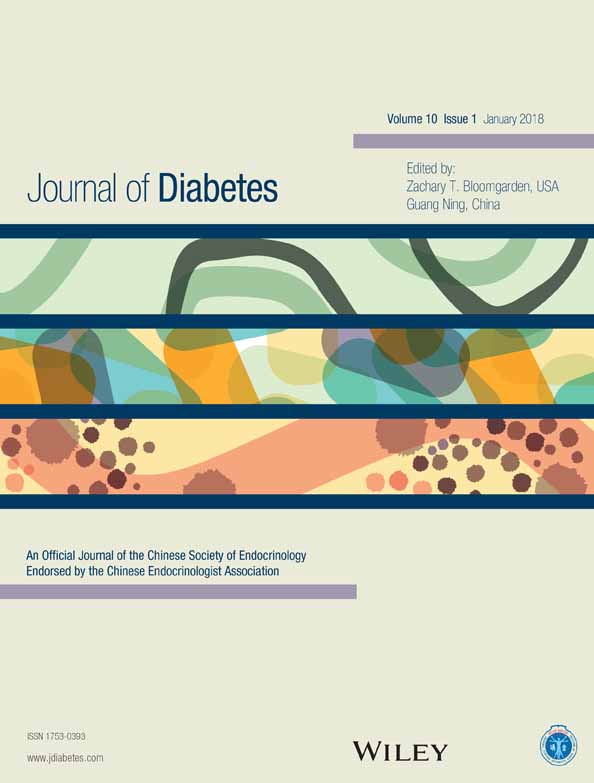Digital health technology and diabetes management
数字化医疗技术与糖尿病管理
Abstract
enDiabetes care is largely dependent on patient self-management and empowerment, given that patients with diabetes must make numerous daily decisions as to what to eat, when to exercise, and determine their insulin dose and timing if required. In addition, patients and providers are generating vast amounts of data from many sources, including electronic medical records, insulin pumps, sensors, glucometers, and other wearables, as well as evolving genomic, proteomic, metabolomics, and microbiomic data. Multiple digital tools and apps have been developed to assist patients to choose wisely, and to enhance their compliance by using motivational tools and incorporating incentives from social media and gaming techniques. Healthcare teams (HCTs) and health administrators benefit from digital developments that sift through the enormous amounts of patient-generated data. Data are acquired, integrated, analyzed, and presented in a self-explanatory manner, highlighting important trends and items that require attention. The use of decision support systems may propose data-driven actions that, for the most, require final approval by the patient or physician before execution and, once implemented, may improve patient outcomes. The digital diabetes clinic aims to incorporate all digital patient data and provide individually tailored virtual or face-to-face visits to those persons who need them most. Digital diabetes care has demonstrated only modest HbA1c reduction in multiple studies and borderline cost-effectiveness, although patient satisfaction appears to be increased. Better understanding of the barriers to digital diabetes care and identification of unmet needs may yield improved utilization of this evolving technology in a safe, effective, and cost-saving manner.
摘要
zh糖尿病治疗在很大程度上取决于患者的自我管理及主观能动性, 因为糖尿病患者每天都必须做出很多决定, 例如吃什么、什么时候运动、如果需要的话还要决定注射多少剂量的胰岛素以及何时注射。另外, 患者以及医务人员每天都要产生多种来源的大量数据, 包括电子化的医疗文件、胰岛素泵、传感器、血糖仪以及其他可穿戴设备, 除此之外还有不断演化的基因组学、蛋白质组学、代谢物组学以及微生物组学数据。目前已经开发出了多种数字化工具以及应用程序, 可以帮助患者做出明智的选择, 并通过激励措施、结合社会媒体以及游戏技术的方法来提高他们的依从性。通过筛选由患者生成的大量数据, 医疗保健团队及卫生管理人员能够从数字化进展中受益。现在可以通过自明性的方式, 获取、整合、分析以及呈现数据, 并且自动将重要的趋势以及需要关注的项目标注出来。使用决策支持系统可能有助于规划数据驱动的行动, 而且大部分在执行前都需要得到患者或医生的最终批准, 而一旦实施, 就可能改善患者的预后。数字化糖尿病门诊的目标是要合并所有的数字化患者数据, 为最需要它们的人提供个体化定制的虚拟或者面对面访视。数字化糖尿病管理在多个研究中的表现都是只能轻度降低HbA1c, 并且成本效益比也处于临界值, 虽然患者的满意度似乎有所增加。更好地了解数字化糖尿病管理的障碍, 发现未满足的需求, 可能会改善这种不断发展的技术在安全性、有效性以及节约成本方面的应用。




